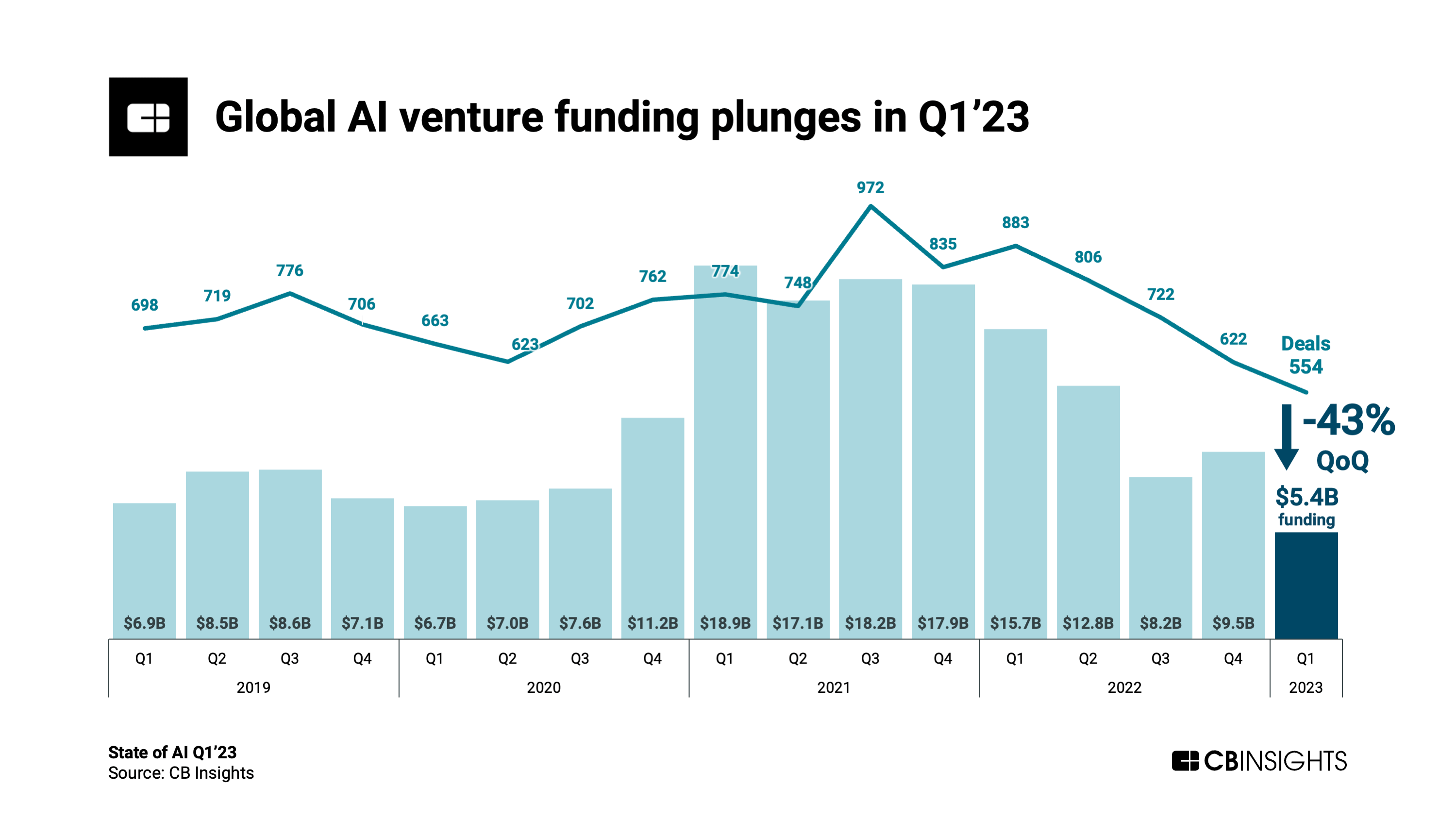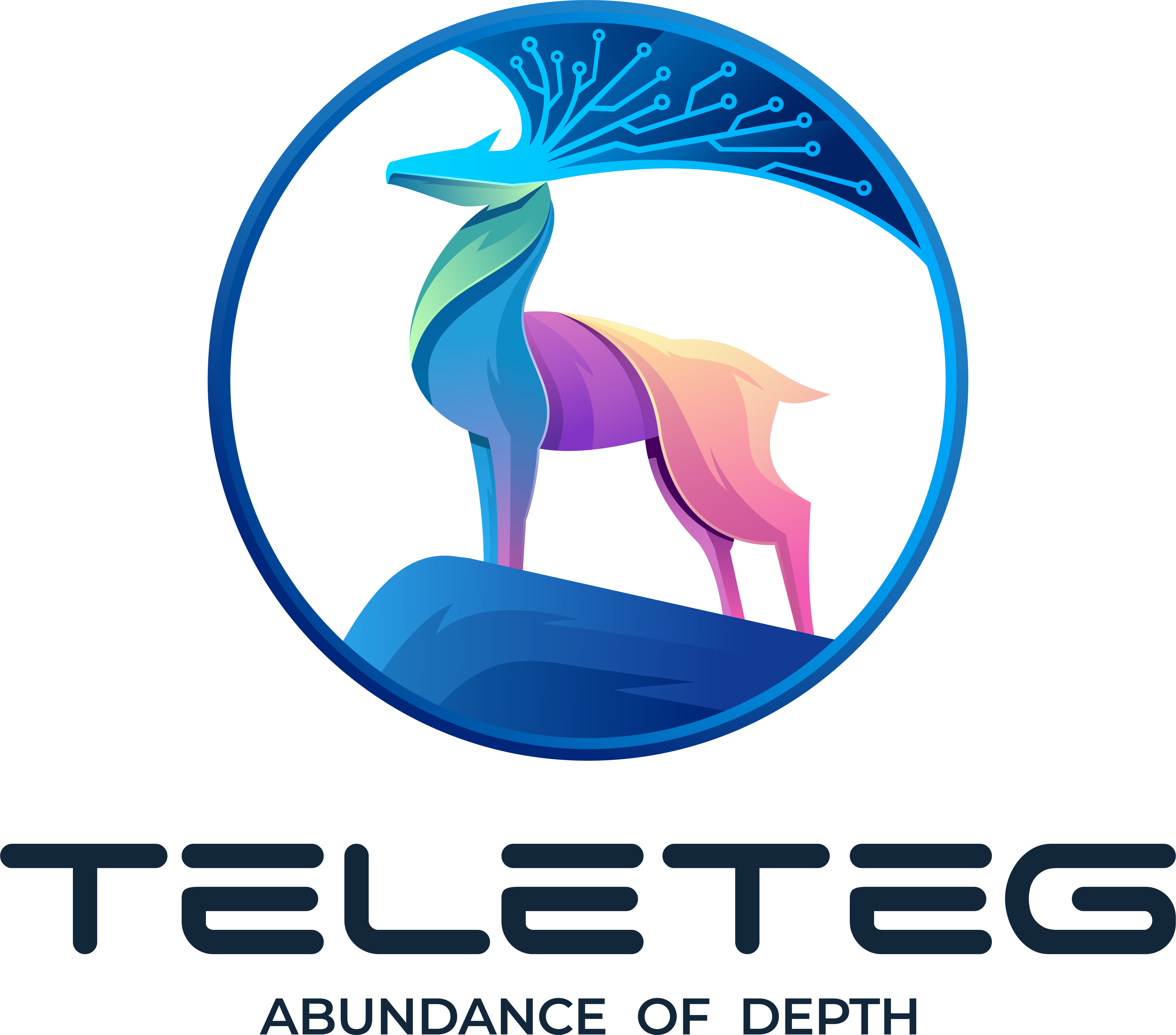Wasmo Somali Channel: Exploring Digital Content And Community Online
Have you ever stopped to think about how quickly the online world changes, especially when it comes to specific community interests? It's almost as if every day brings something new, doesn't it? We see so many different kinds of digital spaces popping up, and they all serve various purposes for people around the globe. For the Somali community, like many others, the internet has become a truly vital place for connection, sharing, and finding information, too.
When we hear terms like "Wasmo Somali Channel," it really makes us think about the vast array of content available out there. This phrase, you know, often points to a specific kind of search or a particular type of digital gathering spot. It brings up questions about what people are looking for and how content is shared within Somali online circles.
This article aims to explore the broader idea behind such terms, looking at the diverse world of Somali digital content and the importance of responsible online engagement. We'll be talking about how these channels, in a way, shape conversations and community interactions, particularly as of June 27, 2025, when the digital landscape continues to evolve quite rapidly.
Table of Contents
- Understanding the Digital Space: What Does "Wasmo Somali Channel" Mean?
- The Rise of Somali Online Content: A Community Perspective
- Challenges and Opportunities in Somali Digital Media
- Promoting Safe and Positive Online Experiences
- Community Building Through Digital Channels
- The Future of Somali Digital Platforms
- Frequently Asked Questions
Understanding the Digital Space: What Does "Wasmo Somali Channel" Mean?
When people search for "Wasmo Somali Channel," they are typically looking for specific kinds of online content, often with a very particular focus. It's a phrase that has, in some respects, become a shorthand for certain types of digital media that circulate within Somali-speaking online communities. This might include anything from entertainment to discussions, though the term itself often carries implications of more sensitive or adult-oriented material.
It's important to recognize that the internet is a huge place, and, you know, it hosts all sorts of content, some of which might not be suitable for everyone. For the Somali community, like any other, online channels can be a place for news, cultural exchange, and connecting with others who share a language and heritage. However, they can also be places where less appropriate content might be found.
Our goal here is to talk about the broader context of online "channels" and how they serve different needs, rather than focusing on any specific kind of explicit material. We're aiming to help people understand the digital world better, so they can make good choices about what they watch and share, which is pretty important, actually.
The Rise of Somali Online Content: A Community Perspective
The internet has truly changed how the Somali diaspora and those living in Somalia connect and share stories. It's really quite something to see how many voices have found a platform online. From YouTube channels sharing traditional music to news sites reporting on local events, there's a whole lot of content being created by and for Somalis, you know.
These digital spaces act as vital bridges for people spread across the globe. They allow families to stay in touch, artists to share their work, and community leaders to reach a wider audience. It's a way for culture to be preserved and passed on, even when people are far from home.
There are many channels dedicated to educational content, religious teachings, and even just daily vlogs that show what life is like. This variety means that, for instance, someone can learn about Somali history or get cooking tips, all from the comfort of their home. It's a powerful tool for connection, and, you know, for building a sense of shared identity, too.
Challenges and Opportunities in Somali Digital Media
While online channels offer incredible opportunities, they also come with their own set of challenges. One big issue is how to make sure the content is accurate and helpful. With so much information out there, it can be a bit tricky to tell what's true and what's not, especially for those who are new to the internet.
Another concern is the presence of content that might be harmful or inappropriate, particularly for younger audiences. This is where parents and educators really need to step in and guide people. It's about teaching digital literacy, which means helping everyone understand how to use the internet safely and wisely.
However, the opportunities are huge. Digital media provides a platform for voices that might not otherwise be heard. It allows for direct communication, community organizing, and the rapid spread of important information. Think about how quickly news can travel now, or how easily people can organize to help others; it's quite remarkable, you know.
There's also a chance to create more high-quality, culturally relevant content. This could mean more educational programs in Somali, more engaging stories, and more platforms for positive community discussions. The potential for growth and positive impact is, honestly, pretty vast.
Promoting Safe and Positive Online Experiences
Ensuring a safe and positive online experience is something we all play a part in. For users of Somali online channels, this means being mindful of what they click on and what they share. It's about being a responsible digital citizen, which is, you know, a very important skill to have today.
Parents, educators, and community leaders have a crucial role in guiding younger generations. Teaching them about online safety, privacy settings, and how to report inappropriate content is truly essential. It’s like teaching them how to cross the street safely, but for the internet, basically.
Content creators also have a responsibility to produce material that is respectful and beneficial. This helps to build a more trustworthy and enriching online environment for everyone. When creators think about the impact of their work, it really makes a difference, you know.
Platforms themselves can also do more to implement strong moderation policies and provide tools for users to control their experience. This collaborative approach, where users, creators, and platforms all work together, is what makes the internet a better place for the Somali community, and for everyone, for that matter.
Community Building Through Digital Channels
Digital channels are, in a way, like modern-day community centers for many Somalis, especially those living far from their homeland. They offer a place to gather, share, and support each other. You can find groups discussing current events, forums for learning the language, and even online meetups for shared interests.
These spaces help to strengthen cultural ties and keep traditions alive. For instance, it's not uncommon to see elders sharing stories or younger people learning about their heritage through videos and discussions. This kind of interaction is, you know, incredibly valuable for maintaining a strong sense of identity.
They also provide platforms for advocacy and social change. Community issues can be discussed, and collective action can be organized much more easily than before. This means that important messages can reach a lot of people very quickly, which is pretty powerful, actually.
The ability to connect with others who understand your background and experiences can reduce feelings of isolation and build a stronger, more connected community, even across vast distances. It's a bit like having a virtual village square, isn't it?
The Future of Somali Digital Platforms
Looking ahead, the future of Somali digital platforms seems bright, but also full of evolving challenges. We can expect to see even more diverse content, maybe even more interactive experiences, and perhaps new ways for people to connect. It's a rapidly changing scene, you know.
There's a growing need for digital literacy programs specifically tailored for Somali speakers. This would help users navigate the internet more safely and effectively, empowering them to make the most of online opportunities while avoiding potential pitfalls. It's about giving people the tools they need, basically.
We might also see more dedicated platforms emerging that focus on specific niches, like Somali tech education or entrepreneurship. This specialization could lead to richer, more targeted content that serves the community's diverse needs even better. The possibilities are, honestly, quite exciting.
Ultimately, the continued growth and positive impact of these channels will depend on a collective effort. It will require creators to be responsible, users to be discerning, and platforms to prioritize safety and community well-being. This ongoing collaboration is, you know, what will shape the digital future for Somalis worldwide.
Frequently Asked Questions
What types of content are commonly found on Somali online channels?
You'll find a wide variety of content on Somali online channels, actually. This includes news updates, cultural performances like traditional music and poetry, religious teachings, educational videos, and even daily vlogs. There are also discussions on social issues and community events, offering a pretty broad range of topics for viewers.
How can I ensure I am accessing safe and appropriate content online?
To make sure you're seeing safe and appropriate content, it's really good to stick to well-known and reputable sources, you know. You can also use parental controls if you're concerned about younger users. Always be careful about clicking on unknown links, and report anything that seems inappropriate. It's about being smart with your clicks.
Are there initiatives to promote digital literacy within the Somali community?
Yes, there are, thankfully, some efforts underway to promote digital literacy within the Somali community. These initiatives often come from local community organizations, educational institutions, or even dedicated online groups. They aim to teach people how to use the internet safely, understand privacy settings, and identify reliable information sources, which is, you know, very important work.
Learn more about online community platforms on our site, and link to this page for more on online safety.

Wasmo Somali Telegram Kaliya: The Ultimate Guide For Everyday Folks

Somali Wasmo | Patreon : gabdhofuto

| Results